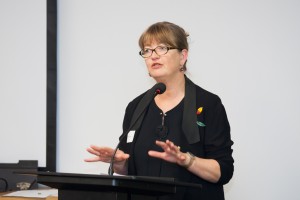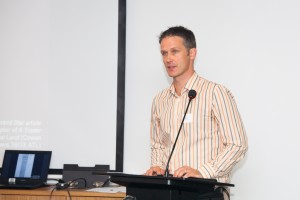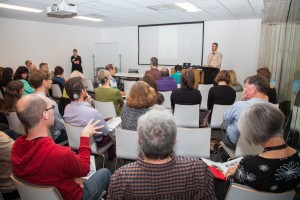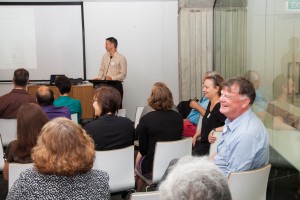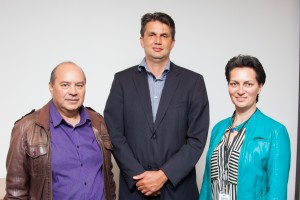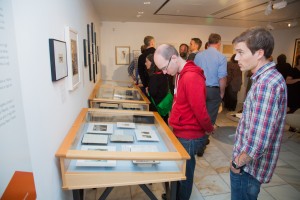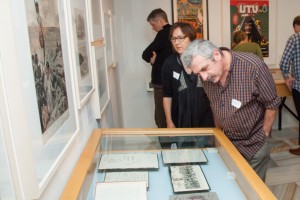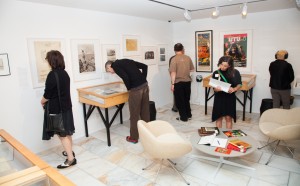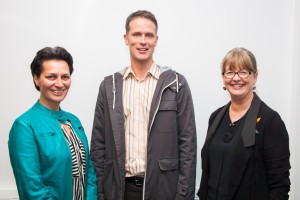New Zealand’s Victorians Uncool?
The New Zealand Herald has just published its list of the “Coolest 50 Kiwis Ever“. The paper admits that its list is subjective. It has a reasonable percentage of women and Māori but, like many of these kinds of lists, individuals from the present and near present predominate, and coolness is seen to fade as time passes. What is quite incredible is that it appears that no one cool flourished in the nineteenth century. This is of course the “coolest Kiwis ever”, and New Zealanders in the nineteenth century probably didn’t consider themselves as “kiwi”, or think that “coolness” related to anything other than temperature. Yes, New Zealand’s population was much fewer in the nineteenth century, but surely there were one or two individuals in the colonial period who were well known, widely admired, and who captured the public imagination (while still retaining the classic New Zealand humility) or perhaps even a few gay blades and gals whose ascetic stood out from the crowd.
Ali Clark – Friends of the Hocken Talk
Dr Ali Clark will be talking on “Preparing for the Sesquicentenial”, on writing the history of the University of Otago for its 150th anniversary. Ali is presenting as part of the Friends of the Hocken Talk series, in the Seminar Room at the Hocken Collections (90 Anzac Ave, Dunedin) on 16 April. There will be coffee and chat at 5.30pm with the talk commencing at 6.00pm.
Annual Local History Lecture
Seán Brosnahan, curator at Toitū Otago Settlers Museum, will be speaking about ‘Becoming Toitū: telling the Otago story in a museum setting’. His lecture takes place today, 10 April, at 5:30pm in Moot Court, Richardson Building, University of Otago. All welcome!
Moving Texts
Mark your diaries! Prof. Tony Ballantyne, Director of the Centre for Research on Culture, is giving a research talk titled “Moving Texts: Humanitarian Narratives and the British Empire in the 1820s and 1830s” as part of the Department of History and Art History’s Research Seminar Series. Tony’s talk will take place on March 26th in Burns 5 (Arts Building, University of Otago) and begins at 3.30.
Photographs from the Cowan Symposium
All photos by Llewelyn Jones.
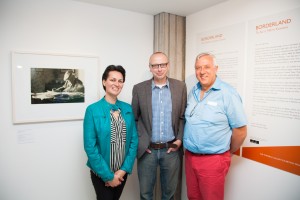
Ariana Tikao, Tony Ballantyne (Director, Centre for Research on Colonial Culture, University of Otago) and Lachy Paterson (University of Otago)
Visiting Speakers
This week CROCC is co-sponsoring two visiting speakers. The first is Professor A. R. Venkatachalapathy (Madras Institute of Development Studies), who will deliver an open lecture entitled, “The Birth of the Tamil Author” today (September 2) at 5.15pm (Archway 2). Professor Venkatachalapathy is a leading expert on print culture in south India.
On Thursday 5 September we are co-sponsoring a lecture by Professor Luke Gibbons (NUI Maynooth), a leading Irish cultural critic and literary scholar. Professor Gibbons will be speaking on “Limits of the Visible: Representing the Great Irish Famine” at 5.15pm in Burns 5.
Please do come along!
Paper Work
Professor Tony Ballantyne (Otago) and Associate Professor Craig Robertson (Northeastern University), who is spending his sabbatical in the Department of History and Art History, have organised two events that explore the history and meaning of paper work.
On Thursday evening 23 May (5.30 Burns 2) the distinguished media historian Professor Lisa Gitelman (NYU) will deliver a public lecture entitled the ‘The Social Life of Paper’.
On Friday 24 May there will be a one day research symposium at the Hocken Collections on ‘Paper Work: The Materials and Practices of Modern Information Cultures’. The programme is below. Please email Tony if you would like to attend: tony.ballantyne@otago.ac.nz
Paper Work: The Materials and Practices of Modern Information Cultures
9.20am: Welcome
9.30-11.45am
Barbara Brookes, Committed by Paper: Incoherence and Accountability in the Seacliff Asylum Files
Jane McCabe, The Kalimpong Files: Private and Confidential
1.30-3.00pm
Stephen Robertson (University of Sydney), Private Detectives and the Paper Work of Surveillance in the US, 1855-1939
Craig Robertson (Northeastern University), Handling Information: File Clerks, Efficiency, and the Emergence of the Modern Office
3.15-4.45pm
Tim Rowse (University of Western Sydney), Tabulating Indigenous Populations: Colonial Knowledge in Two Dimensions
Tony Ballantyne, Paper and the Work of Empire: Bureaucracy and British Colonialism
Colonial Origins of New Zealand Politics
Members of CROCC will be giving seminars to some of the members of the Constitutional Advisory Panel. The government formed the CAP to get consult widely, and to report back on possible changes to New Zealand’s constitution.
This event will be held at the Otago Museum’s Barclay Theatre on Friday 8 March. This is a FREE event but, because of space considerations, attendees will require tickets. All enquiries should be directed to crocc@otago.ac.nz.
Programme
9.20 welcome

